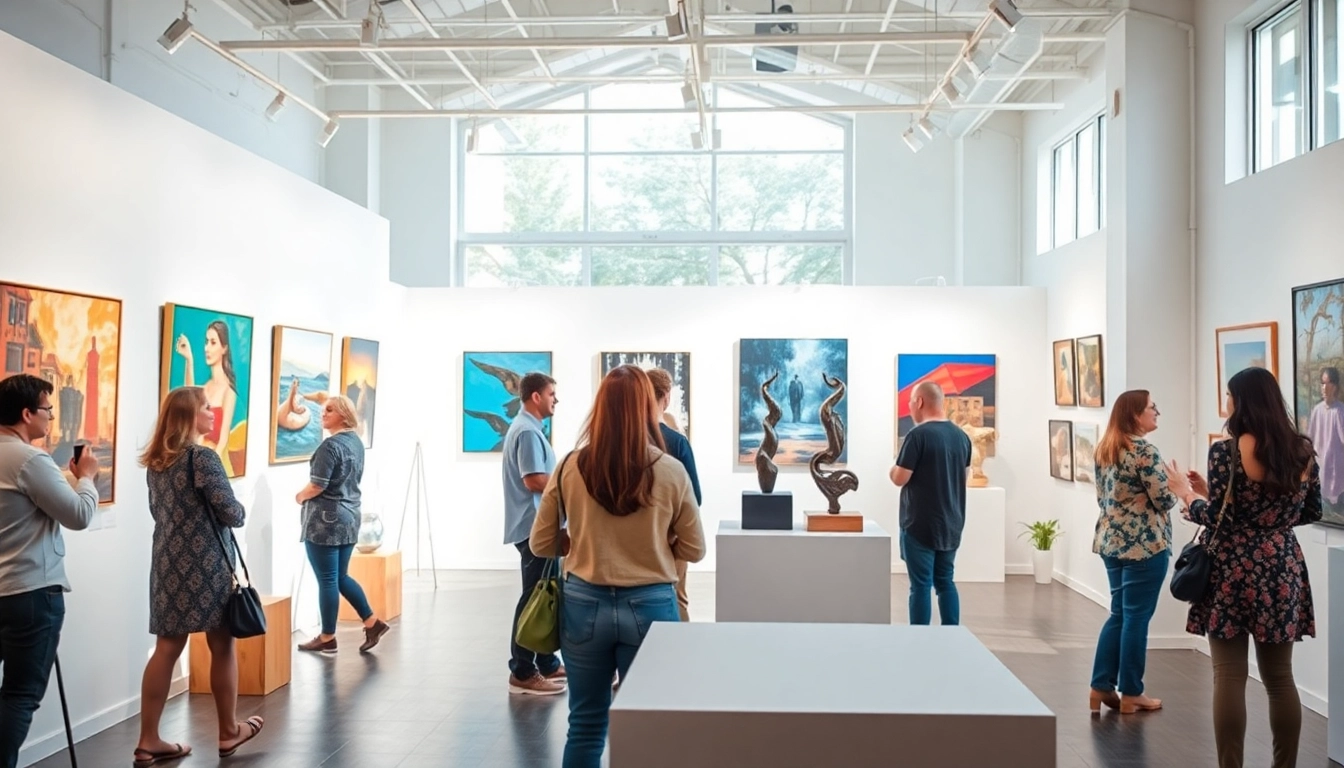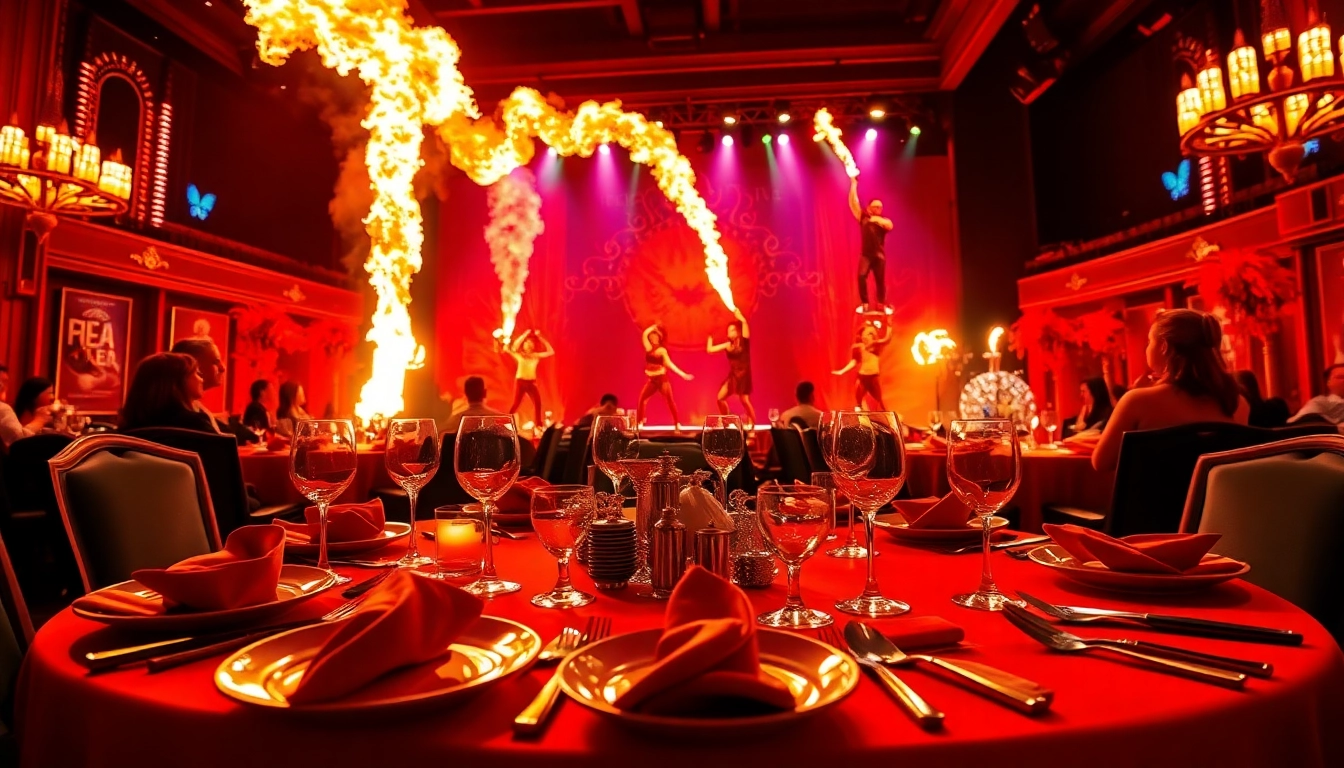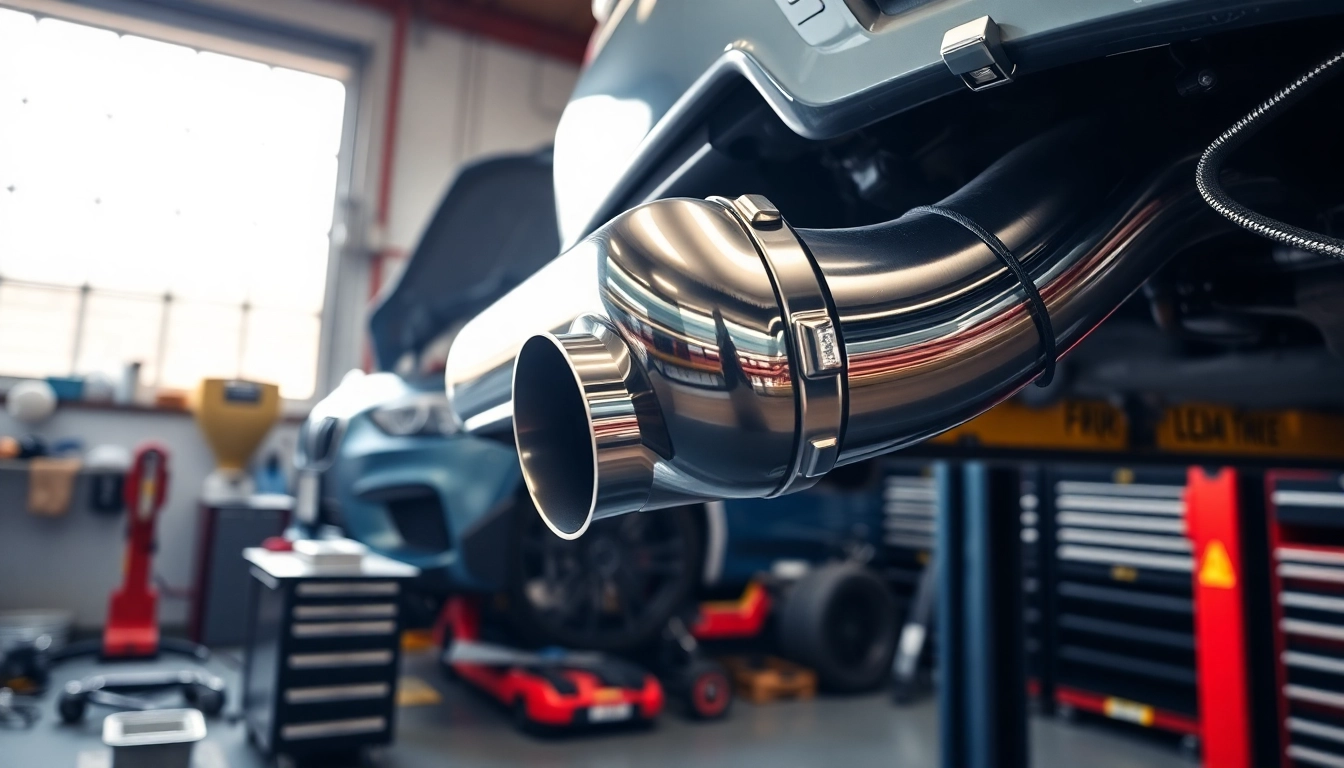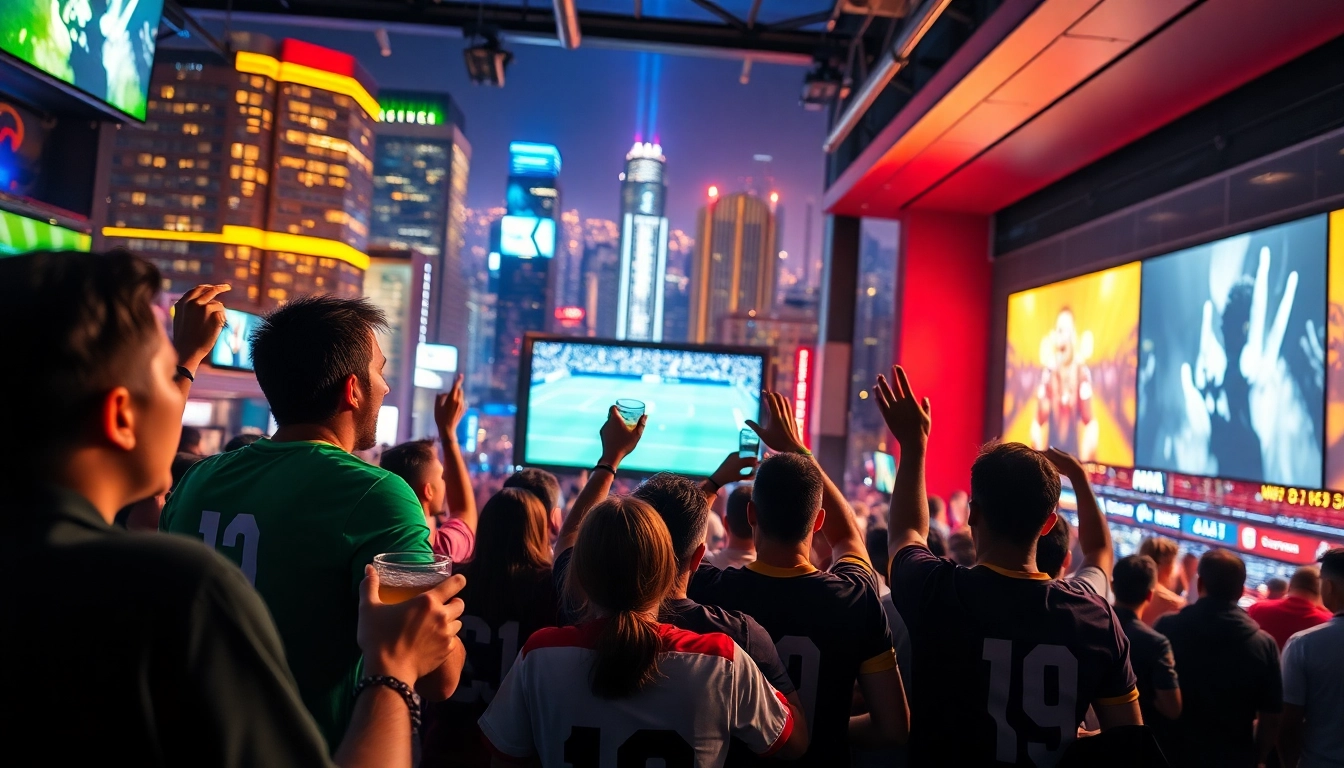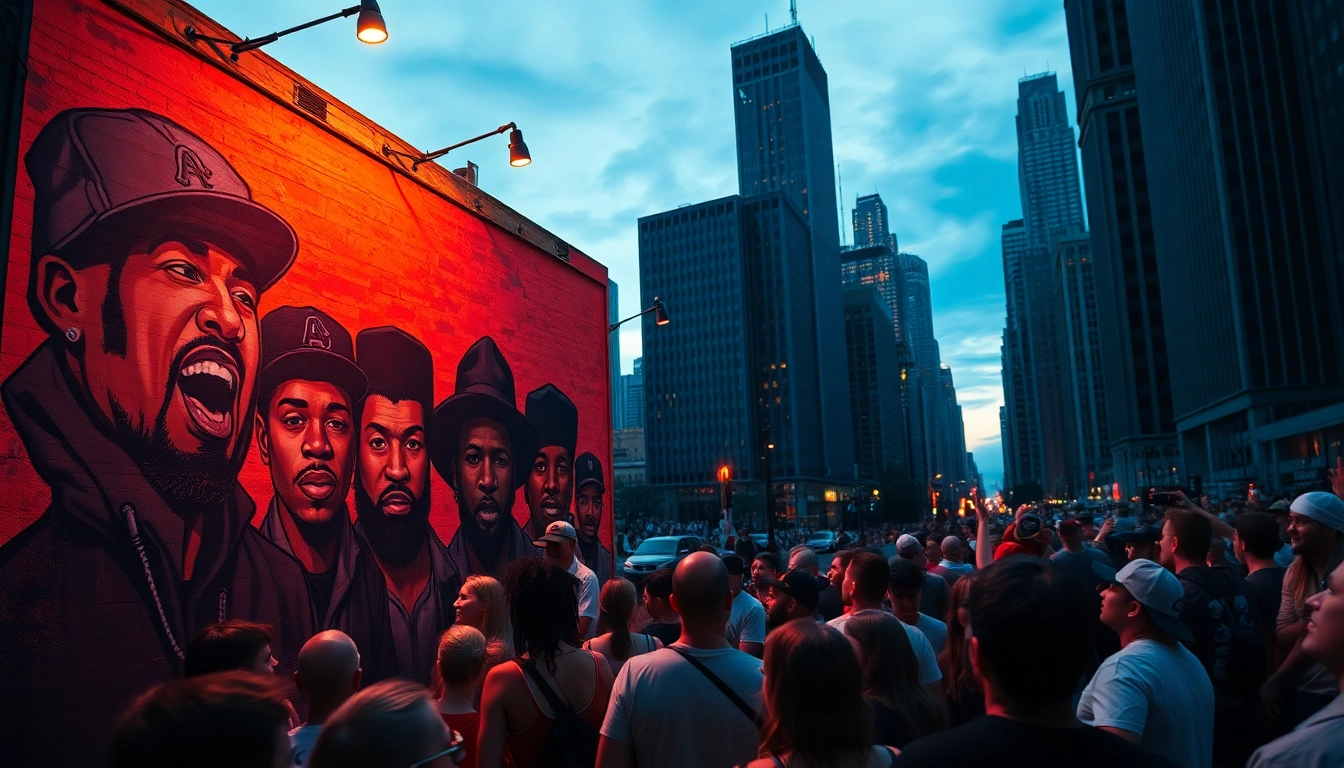
Understanding Chicago Rap Lyrics
Chicago’s rap scene is a vibrant tapestry woven with the threads of its unique culture, history, and social issues. As artists from the Windy City have carved out their identities and styles, Chicago rap lyrics have become more than mere words—they are powerful expressions of the urban experience. This exploration will delve into the evolution of these lyrics, scrutinizing their themes, prominent rappers, and the styles that have defined Chicago rap over the years.
The Evolution of Chicago Rap Styles
Chicago rap has undergone significant transformation since its inception. Initially influenced by the broader hip-hop movement in the late 1980s and early 1990s, it featured artists who emulated the coast-to-coast styles of East and West Coast rappers. However, as the 2000s approached, a distinctive Chicago sound began to emerge, paving the way for a range of subgenres including drill music, which revolutionized the local landscape.
The early days saw artists like Common and Twista dominating the scene with their intricate rhymes and sophisticated wordplay. Meanwhile, Kanye West’s breakout album, “The College Dropout,” positioned Chicago as a critical hub for creative and experimental hip-hop. The evolution continued into the 2010s with the rise of drill music, which introduced darker tones and hard-hitting beats reflective of the South Side’s struggles.
Key Themes in Chicago Rap Lyrics
Chicago rap is synonymous with stories of resilience, violence, and community. Lyrics often encapsulate the day-to-day realities faced by residents: the challenges of poverty, systemic injustice, and gang violence. Artists channel these experiences into their music, creating a raw and unfiltered portrayal of life in the city.
Moreover, themes of local pride are prevalent, with many artists using their lyrics to celebrate their hometown. Lines that reference Chicago’s landmarks, neighborhoods, and even the weather accentuate the strong connection they have with their roots. This sense of belonging serves as a testament to their authenticity and relatability among listeners.
Prominent Chicago Rappers and Their Lyrics
Numerous artists have significantly shaped the narrative of Chicago rap. Figures such as Kanye West, Chance the Rapper, Juice WRLD, and Lil Durk exemplify the diversity in styles and messages. Kanye’s lyrics, for instance, frequently pay homage to Chicago while also tackling themes of fame and success. His influence on the genre is immense, having paved the way for many aspiring rappers.
Chance the Rapper, a key figure in the contemporary scene, infuses his beautiful storytelling with a sense of spirituality and hope. His music often reflects the cultural richness of Chicago, offering a dichotomy of joy and struggle. Juice WRLD, on the other hand, tapped into emotional lyrical content, portraying vulnerability which resonated widely with his fans.
Drill Music: The Chicago Sound
Drill music emerged from the South Side of Chicago in the early 2010s and has become a defining genre for the city. Characterized by its dark, minimalist beats and aggressive lyrical content, drill reflects the environment in which it was created—one marked by violence and hardship.
Origin and Impact of Drill Lyrics
The roots of drill can be traced back to the struggles and conflicts within Chicago neighborhoods. Artists such as Chief Keef, Lil Durk, and King Von have become the genre’s flag-bearers, with their lyrics chronicling street life and the harsh realities of urban existence. The impact of these lyrics stretches beyond music, influencing popular culture and even social commentary on violence.
Drill lyrics often serve as narratives, documenting specific events and experiences. This authenticity has drawn both admiration and controversy, as some argue that the genre glamorizes violence. Nonetheless, the artists insist their music is a mirror reflecting their lives, rather than an invitation to replicate those circumstances.
Drill Music vs. Other Chicago Rap Genres
While drill music has gained international notoriety, it’s important to note that it exists alongside many other styles within the Chicago rap scene. Gritty and hard-hitting, drill contrasts sharply with the more pronounced storytelling and uplifting themes found in tracks from artists like Common or Chance the Rapper.
Moreover, other subgenres such as “Chicago hip-house” have also influenced the local rap scene, fusing elements of hip-hop with house music—a genre born from the city itself. This diversity showcases the adaptability and breadth of Chicago’s music culture, which inspires various sounds and messages.
Analyzing Drill Lyrics for Social Commentary
Drill lyrics provide important social commentary, revealing the complexities of life in Chicago’s neighborhoods. Many artists intricately weave narratives that highlight not only the violence but also hope, resilience, and the desire for change. This duality offers a comprehensive view of the societal issues at play.
For instance, lines from various songs address community disenfranchisement, systemic oppression, and the impact of gun violence—offering insight into the systemic failures often faced by marginalized populations. This analysis reflects the need for listeners to engage with the content critically, understanding its roots and implications.
Iconic Chicago Rap Songs to Know
Within the rich tapestry of Chicago rap, several tracks stand out not only for their musical quality but also for their cultural significance. These songs encapsulate the essence of the city, often combining local pride with poignant storytelling.
Top Chicago Rap Songs Featuring Local Pride
Tracks like “Homecoming” by Kanye West and “65th & Ingleside” by Chance the Rapper echo with local pride, celebrating the essence of being from Chicago. These songs often contain references to well-known locales, helping listeners understand the geography of the city and its relation to the rapper’s identity.
Moreover, songs like “I Don’t Like” by Chief Keef and “Welcome to Chicago” by DJ Pharris showcase the street-level realities while simultaneously asserting a sense of pride and belonging, illustrating the deep connection artists have with their roots.
Popular Lyrics That Resonate with Fans
Lyrics that resonate with the themes of community and struggle often find their way into the hearts of listeners. A notable example from Chance the Rapper’s discography encapsulates love for the assortment of personalities within the city—celebrating its vibrancy instead of shying away from its darker underbelly.
Furthermore, the unique vernacular and idiomatic expressions common in Chicago rap add layers of relatability. Lines like “…got my city doing front flips…” illustrate the duality of success and storytelling, capturing the audience’s attention with familiar cultural references.
Underground Chicago Rap Gems
Beyond the mainstream spotlight, Chicago’s underground rap scene is teeming with gems waiting to be discovered. Artists such as Saba and Noname offer refreshing perspectives through their lyrics, blending traditional hip-hop with contemporary themes and melodic elements.
These artists tackle issues such as mental health, identity, and social justice, providing listeners with powerful messages wrapped in intricate lyricism and diverse sounds. Their unique contributions reflect the broader spectrum of Chicago’s music scene, ensuring that the art remains dynamic and relevant.
How Chicago Rap Influences Broader Culture
The influence of Chicago rap extends far beyond the city limits, shaping trends and attitudes in music, fashion, and social activism. The lyrics serve not merely as entertainment but as vehicles for change and dialogue about critical societal issues.
The Role of Lyrics in Advocacy and Activism
Many Chicago rappers have become advocates for their communities, using their platforms to address pressing issues like gun violence, racism, and inequality. Through their lyrics, they illuminate the realities faced by their communities, often serving as a call to action for listeners to engage in social activism.
Moreover, collaborations with activists and organizations highlight the desire within the hip-hop community to forge connections that drive systemic change—making music a form of protest and an instrument for influencing public opinion.
Chicago Rap and its Global Influence
The global appeal of Chicago rap can be attributed to its unique blend of authentic storytelling and beats that resonate with audiences across cultures. As artists gain international recognition, they bring Chicago’s stories to new listeners, fostering a broader understanding of urban experiences and struggles worldwide.
In turn, this global influence encourages artists in other cities to explore their narratives, creating a ripple effect that nurtures cultural exchange and growth within the hip-hop community.
Connecting Community Through Music and Lyrics
Chicago rap music not only entertains but also builds community. Lyrics serve as a tool for connection, allowing fans to bond over shared experiences and emotions. Events, concerts, and gatherings foster a space where fans and artists can come together, reinforcing a sense of unity amid shared challenges.
This communal spirit is reflected in collaborations among artists, where they intertwine their stories into a collective expression of pride and identity. By promoting this communal connection through music, Chicago rap helps to create safe spaces for discourse and personal expression.
Crafting Your Own Chicago-Inspired Lyrics
The allure of Chicago rap lies not just in the listening experience, but also in the inspiration it offers budding artists to create their own verses. Whether you’re an amateur lyricist or an experienced rapper, understanding Chicago’s cultural backdrop can be vital in capturing the city’s essence in your lyrics.
Techniques for Writing Authentic Rap Lyrics
Writing authentic rap lyrics begins with honest storytelling. Channeling personal experiences, emotions, and the socio-political dynamics of your environment creates authenticity that resonates with listeners. Employing vivid imagery and the city’s slang can further enhance relatability and engagement.
Experimenting with rhyme schemes and rhythms, borrowing from the diverse styles of local artists, can also provide fresh perspectives for your own writing. Remember, the goal is to evoke emotions while effectively communicating your message.
Incorporating Chicago’s Heritage and Landscape
To truly capture the spirit of Chicago in your lyrics, make references to its rich heritage and well-known landscapes. Mentioning local landmarks, cultural events, or historical perspectives can create vivid imagery that resonates deeply with Chicagoans. This connection not only localizes your lyrics but adds depth to your storytelling by showcasing the city’s character.
Sharing Your Lyrics in the Digital Age
In today’s digital landscape, sharing your music has become easier than ever. Platforms such as social media, SoundCloud, and YouTube allow aspiring artists to showcase their work and connect with a global audience. Engaging with listeners through live performances, open mics, or online showcases can help build a loyal fan base.
Feedback from peers and fans is invaluable in honing your skills, assisting you in evolving your style while staying true to your roots. Remember to network with other local artists as collaboration is a key driver in the Chicago rap scene.
